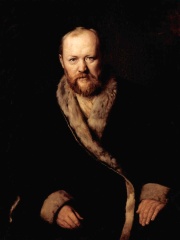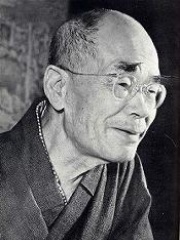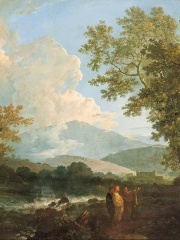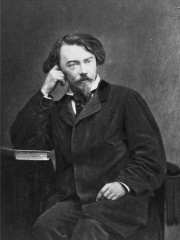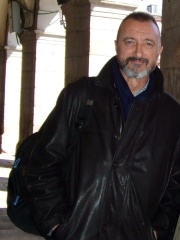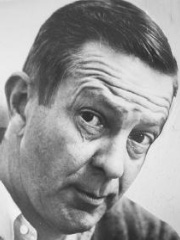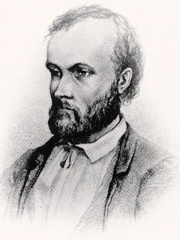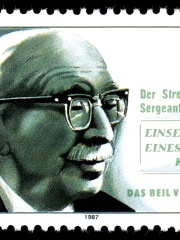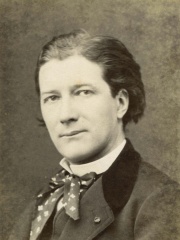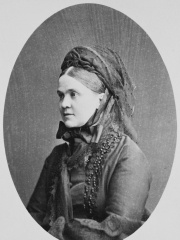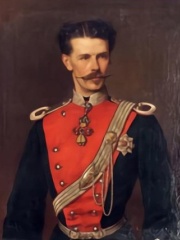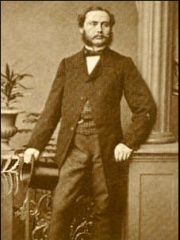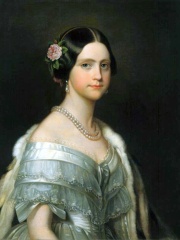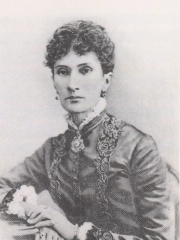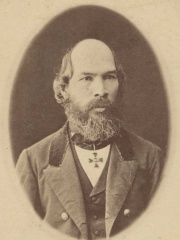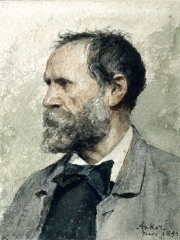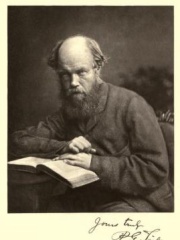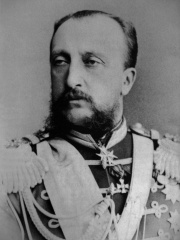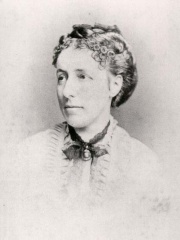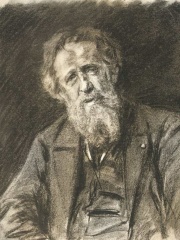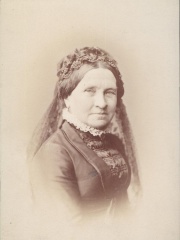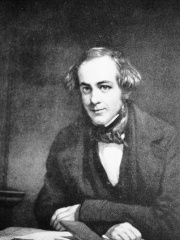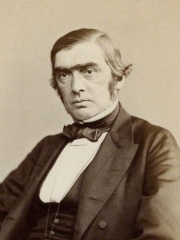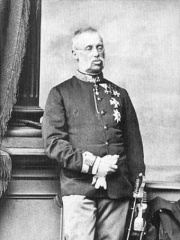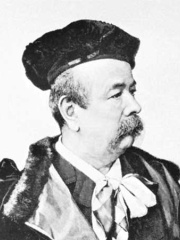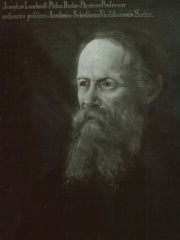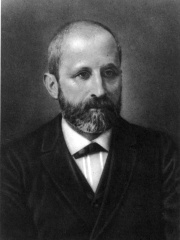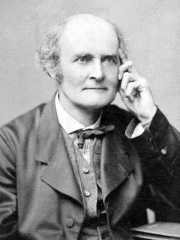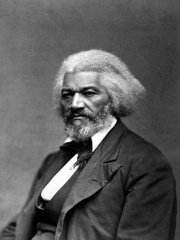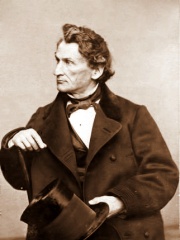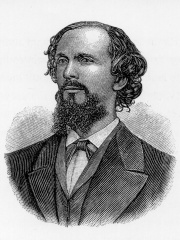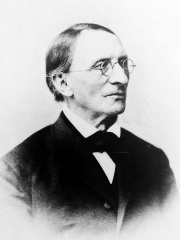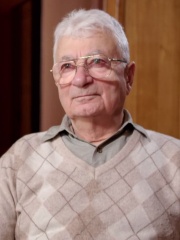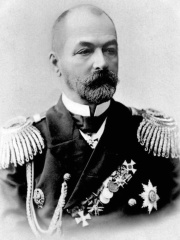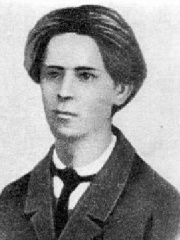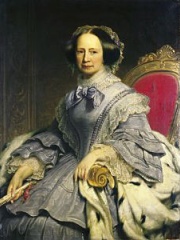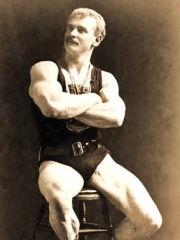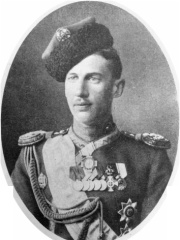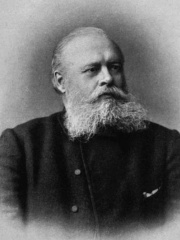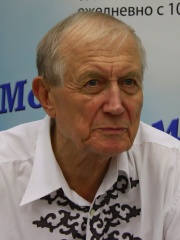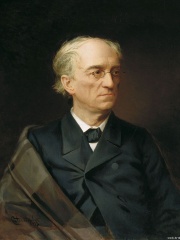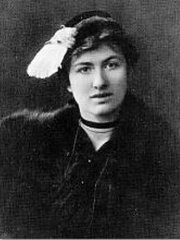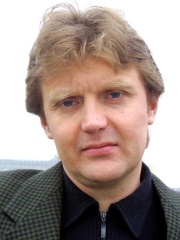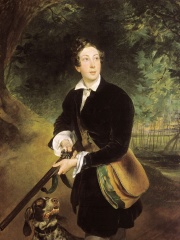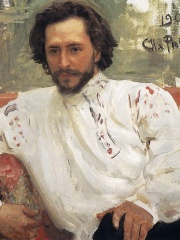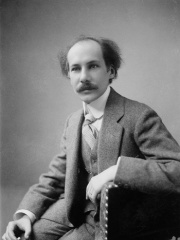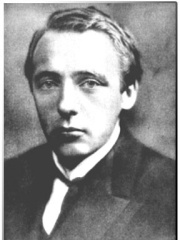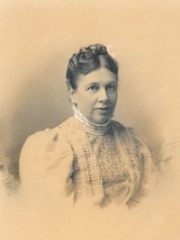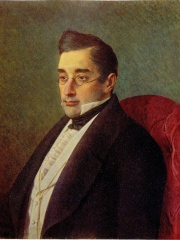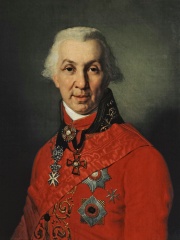Writer
Nikolai Leskov
1831 - 1895
EN.WIKIPEDIA PAGE VIEWS (PV)
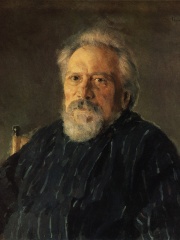
 Nikolai Leskov
Nikolai Leskov
His biography is available in 49 different languages on Wikipedia (up from 48 in 2024). Nikolai Leskov is the 1,114th most popular writer (down from 1,072nd in 2024), the 377th most popular biography from Russia (up from 379th in 2019) and the 43rd most popular Russian Writer.
Nikolai Leskov is most famous for his novel "The Enchanted Wanderer" and the short story "Lady Macbeth of the Mtsensk District."
Memorability Metrics
Page views of Nikolai Leskov by language
Among Writers
Among writers, Nikolai Leskov ranks 1,114 out of 7,302. Before him are Alexander Ostrovsky, D. T. Suzuki, Herodian, Quintus Tullius Cicero, Auguste Villiers de l'Isle-Adam, and Len Deighton. After him are Jeff Lindsay, Rustichello da Pisa, Arturo Pérez-Reverte, John Cheever, Aleksis Kivi, and Arnold Zweig.
Most Popular Writers in Wikipedia
Go to all RankingsAlexander Ostrovsky
1823 - 1886
HPI: 67.46
Rank: 1,108
D. T. Suzuki
1870 - 1966
HPI: 67.46
Rank: 1,109
Herodian
170 - 250
HPI: 67.46
Rank: 1,110
Quintus Tullius Cicero
102 BC - 43 BC
HPI: 67.45
Rank: 1,111
Auguste Villiers de l'Isle-Adam
1838 - 1889
HPI: 67.45
Rank: 1,112
Len Deighton
1929 - Present
HPI: 67.44
Rank: 1,113
Nikolai Leskov
1831 - 1895
HPI: 67.44
Rank: 1,114
Jeff Lindsay
1952 - Present
HPI: 67.42
Rank: 1,115
Rustichello da Pisa
1290 - 1400
HPI: 67.41
Rank: 1,116
Arturo Pérez-Reverte
1951 - Present
HPI: 67.41
Rank: 1,117
John Cheever
1912 - 1982
HPI: 67.41
Rank: 1,118
Aleksis Kivi
1834 - 1872
HPI: 67.41
Rank: 1,119
Arnold Zweig
1887 - 1968
HPI: 67.40
Rank: 1,120
Contemporaries
Among people born in 1831, Nikolai Leskov ranks 24. Before him are Victorien Sardou, Adelaide of Löwenstein-Wertheim-Rosenberg, Duke Ludwig Wilhelm in Bavaria, Maximilian Anton, Hereditary Prince of Thurn and Taxis, Princess Maria Amélia of Brazil, and Nadezhda von Meck. After him are Ilya Ulyanov, Albert Anker, Peter Tait, Grand Duke Nicholas Nikolaevich of Russia, Archduchess Elisabeth Franziska of Austria, and Constantin Meunier. Among people deceased in 1895, Nikolai Leskov ranks 19. Before him are Julia, Princess of Battenberg, Sir Henry Rawlinson, 1st Baronet, John Russell Hind, Archduke Albrecht, Duke of Teschen, Charles Frederick Worth, and Johann Josef Loschmidt. After him are Friedrich Miescher, Arthur Cayley, Frederick Douglass, James Dwight Dana, Karl Heinrich Ulrichs, and Carl Ludwig.
Others Born in 1831
Go to all RankingsVictorien Sardou
WRITER
1831 - 1908
HPI: 68.28
Rank: 18
Adelaide of Löwenstein-Wertheim-Rosenberg
COMPANION
1831 - 1909
HPI: 68.24
Rank: 19
Duke Ludwig Wilhelm in Bavaria
POLITICIAN
1831 - 1920
HPI: 67.98
Rank: 20
Maximilian Anton, Hereditary Prince of Thurn and Taxis
POLITICIAN
1831 - 1867
HPI: 67.94
Rank: 21
Princess Maria Amélia of Brazil
NOBLEMAN
1831 - 1853
HPI: 67.64
Rank: 22
Nadezhda von Meck
RELIGIOUS FIGURE
1831 - 1894
HPI: 67.48
Rank: 23
Nikolai Leskov
WRITER
1831 - 1895
HPI: 67.44
Rank: 24
Ilya Ulyanov
SOCIAL ACTIVIST
1831 - 1886
HPI: 67.37
Rank: 25
Albert Anker
PAINTER
1831 - 1910
HPI: 67.22
Rank: 26
Peter Tait
MATHEMATICIAN
1831 - 1901
HPI: 67.06
Rank: 27
Grand Duke Nicholas Nikolaevich of Russia
POLITICIAN
1831 - 1891
HPI: 67.05
Rank: 28
Archduchess Elisabeth Franziska of Austria
POLITICIAN
1831 - 1903
HPI: 66.51
Rank: 29
Constantin Meunier
PAINTER
1831 - 1905
HPI: 65.76
Rank: 30
Others Deceased in 1895
Go to all RankingsJulia, Princess of Battenberg
NOBLEMAN
1825 - 1895
HPI: 71.34
Rank: 13
Sir Henry Rawlinson, 1st Baronet
POLITICIAN
1810 - 1895
HPI: 70.26
Rank: 14
John Russell Hind
ASTRONOMER
1823 - 1895
HPI: 69.77
Rank: 15
Archduke Albrecht, Duke of Teschen
MILITARY PERSONNEL
1817 - 1895
HPI: 68.83
Rank: 16
Charles Frederick Worth
FASHION DESIGNER
1825 - 1895
HPI: 68.65
Rank: 17
Johann Josef Loschmidt
CHEMIST
1821 - 1895
HPI: 68.31
Rank: 18
Nikolai Leskov
WRITER
1831 - 1895
HPI: 67.44
Rank: 19
Friedrich Miescher
PHYSICIAN
1844 - 1895
HPI: 67.27
Rank: 20
Arthur Cayley
MATHEMATICIAN
1821 - 1895
HPI: 67.16
Rank: 21
Frederick Douglass
SOCIAL ACTIVIST
1818 - 1895
HPI: 66.53
Rank: 22
James Dwight Dana
BIOLOGIST
1813 - 1895
HPI: 66.23
Rank: 23
Karl Heinrich Ulrichs
WRITER
1825 - 1895
HPI: 65.94
Rank: 24
Carl Ludwig
PHYSICIAN
1816 - 1895
HPI: 65.70
Rank: 25
In Russia
Among people born in Russia, Nikolai Leskov ranks 377 out of NaN. Before him are Yuri Oganessian (1933), Zinovy Rozhestvensky (1848), Sergey Nechayev (1847), Grand Duchess Maria Pavlovna of Russia (1786), Nadezhda von Meck (1831), and Alexander Ostrovsky (1823). After him are Eugen Sandow (1867), Prince John Konstantinovich of Russia (1886), Vladimir Markovnikov (1838), Lev Kuleshov (1899), Sergei Skripal (1951), and Ilya Ulyanov (1831).
Others born in Russia
Go to all RankingsYuri Oganessian
PHYSICIST
1933 - Present
HPI: 67.54
Rank: 371
Zinovy Rozhestvensky
MILITARY PERSONNEL
1848 - 1909
HPI: 67.54
Rank: 372
Sergey Nechayev
SOCIAL ACTIVIST
1847 - 1882
HPI: 67.52
Rank: 373
Grand Duchess Maria Pavlovna of Russia
POLITICIAN
1786 - 1859
HPI: 67.51
Rank: 374
Nadezhda von Meck
RELIGIOUS FIGURE
1831 - 1894
HPI: 67.48
Rank: 375
Alexander Ostrovsky
WRITER
1823 - 1886
HPI: 67.46
Rank: 376
Nikolai Leskov
WRITER
1831 - 1895
HPI: 67.44
Rank: 377
Eugen Sandow
RELIGIOUS FIGURE
1867 - 1925
HPI: 67.43
Rank: 378
Prince John Konstantinovich of Russia
POLITICIAN
1886 - 1918
HPI: 67.42
Rank: 379
Vladimir Markovnikov
CHEMIST
1838 - 1904
HPI: 67.41
Rank: 380
Lev Kuleshov
FILM DIRECTOR
1899 - 1970
HPI: 67.39
Rank: 381
Sergei Skripal
MILITARY PERSONNEL
1951 - Present
HPI: 67.38
Rank: 382
Ilya Ulyanov
SOCIAL ACTIVIST
1831 - 1886
HPI: 67.37
Rank: 383
Among Writers In Russia
Among writers born in Russia, Nikolai Leskov ranks 43. Before him are Yevgeny Yevtushenko (1933), Fyodor Tyutchev (1803), Edith Södergran (1892), Alexander Litvinenko (1962), Aleksey Konstantinovich Tolstoy (1817), and Alexander Ostrovsky (1823). After him are Leonid Andreyev (1871), Andrei Bely (1880), Velimir Khlebnikov (1885), Sophia Tolstaya (1844), Alexander Griboyedov (1795), and Gavrila Derzhavin (1743).
Yevgeny Yevtushenko
1933 - 2017
HPI: 68.09
Rank: 37
Fyodor Tyutchev
1803 - 1873
HPI: 68.05
Rank: 38
Edith Södergran
1892 - 1923
HPI: 67.96
Rank: 39
Alexander Litvinenko
1962 - 2006
HPI: 67.75
Rank: 40
Aleksey Konstantinovich Tolstoy
1817 - 1875
HPI: 67.62
Rank: 41
Alexander Ostrovsky
1823 - 1886
HPI: 67.46
Rank: 42
Nikolai Leskov
1831 - 1895
HPI: 67.44
Rank: 43
Leonid Andreyev
1871 - 1919
HPI: 67.35
Rank: 44
Andrei Bely
1880 - 1934
HPI: 67.25
Rank: 45
Velimir Khlebnikov
1885 - 1922
HPI: 67.12
Rank: 46
Sophia Tolstaya
1844 - 1919
HPI: 67.06
Rank: 47
Alexander Griboyedov
1795 - 1829
HPI: 66.75
Rank: 48
Gavrila Derzhavin
1743 - 1816
HPI: 66.72
Rank: 49
